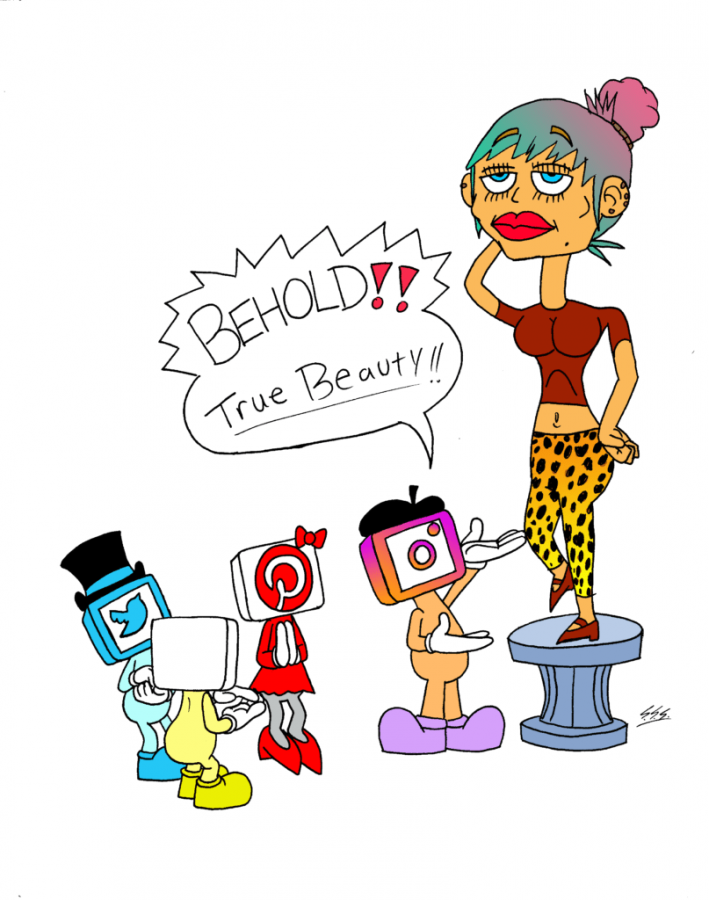If you are a media critic, you have likely asked yourself this question at some point: How much of the media we consume is a reflection of ourselves, and how much of ourselves is a reflection of the media we consume?
While this question has been explored for decades, a simple answer has yet to emerge. Agreement has come across the ideological spectrum, however, that media, including film, television, news, arts, entertainment, sports, books and radio, have at least some influence on the way we see reality.
Conservative pundits have long criticized the “Hollywood Left” for incorporating liberal political themes, like abortion and LGBTQ+ rights, into mainstream entertainment, arguing that doing so brainwashes people into thinking these things are okay. At the same time, people on the left speak out against the overrepresentation of white people, and men in particular, in mainstream entertainment.
A great example of this occurred at the Golden Globes when actress Natalie Portman pointed out that all nominees for the best director award were men, announcing the category by saying, “And here are the all male nominees.”
The monolithic nature of entertainment has made many people overly self-conscious of their appearance.
Utah professional model, actress and social media personality Deena Marie Manzanares has thought about these things since she was a teenager.
“I have been in the public eye and in a career where what I look like matters for my job for as long as I can remember,” Manzanares said. “And when I say that, I mean looking a certain way to get certain roles or to fit certain clothing.”
It was having her son, who is almost 2 years old, that helped Manzanares be comfortable with her own body and appearance.
“My body gave me this human being that I love more than anything,” Manzanares said. “I just knew in that moment that I would never say anything bad about my body or complain again, no matter what I looked like or weighed because we are so much more than that.”
Becoming content with herself was a struggle, though. As someone pursuing a career in entertainment, she found herself competing with unrealistic expectations of how to look.
Manzanares said the media landscape is changing, however, and that social media has widened the boundaries on who can be famous or have a following.
“I think we have come so far,” she said. “Everyone’s a blogger, everyone’s a YouTuber in 2018.”
The result of blogging and social media culture, as Manzanares sees it, is an increase of racial and gender representation and diversity in the media.
“It’s not just supermodels or famous actors,” she said. “People who have large followings these days are bloggers from across America and across the world who have just built their own fanbases. And [online celebrities] all look so different.”
Manzanares is happy the culture is changing and hopes her son can grow up in a more diverse and accepting society. As a rule, Manzanares never complains about her appearance in front of her son.
“I’ll never do that, because I think it’s damaging to hear,” she said. “I heard things around me growing up that made me question whether I was measuring up and looking a certain way, and I think that’s harmful.”
Traditionally, mainstream entertainment has followed tropes and beauty standards that make it monolithic and non-representative. In the age of social media, however, these tropes are being critically examined and reconsidered. As a result, more people are given platforms and the criteria for what a celebrity looks like is continuously changing.
Media may play a significant role in shaping reality, but we now have the tools, resources and platforms to fight back.
@TheChrony


